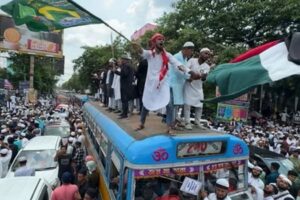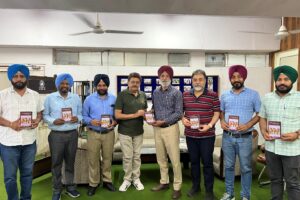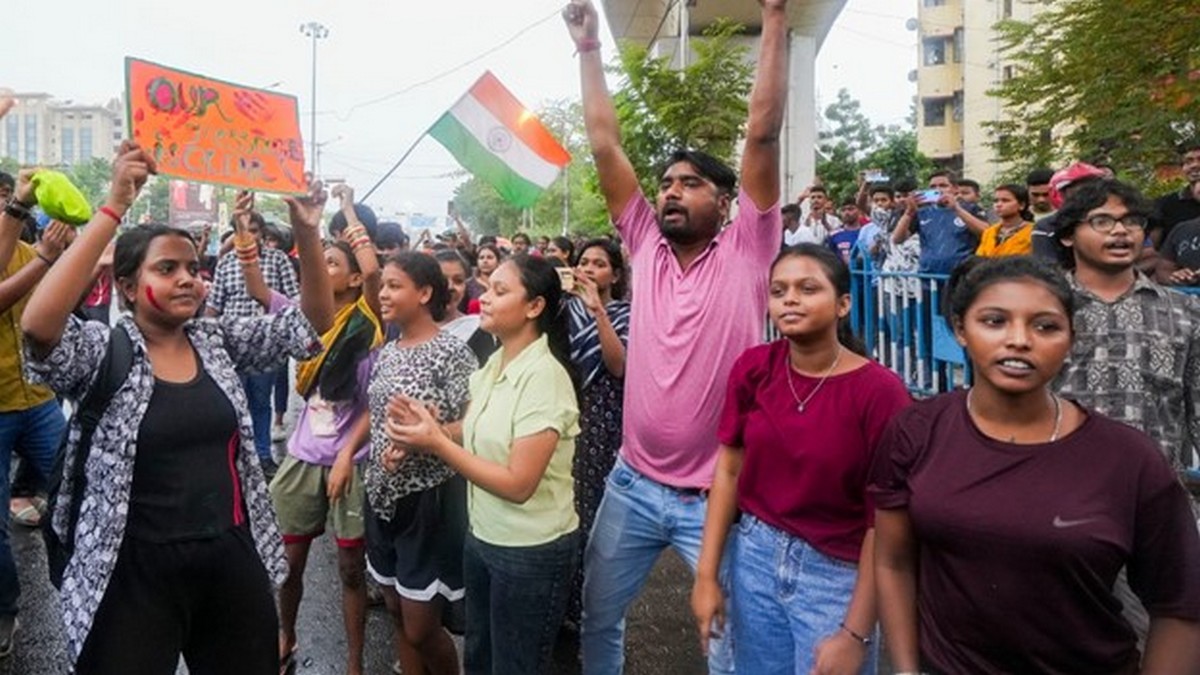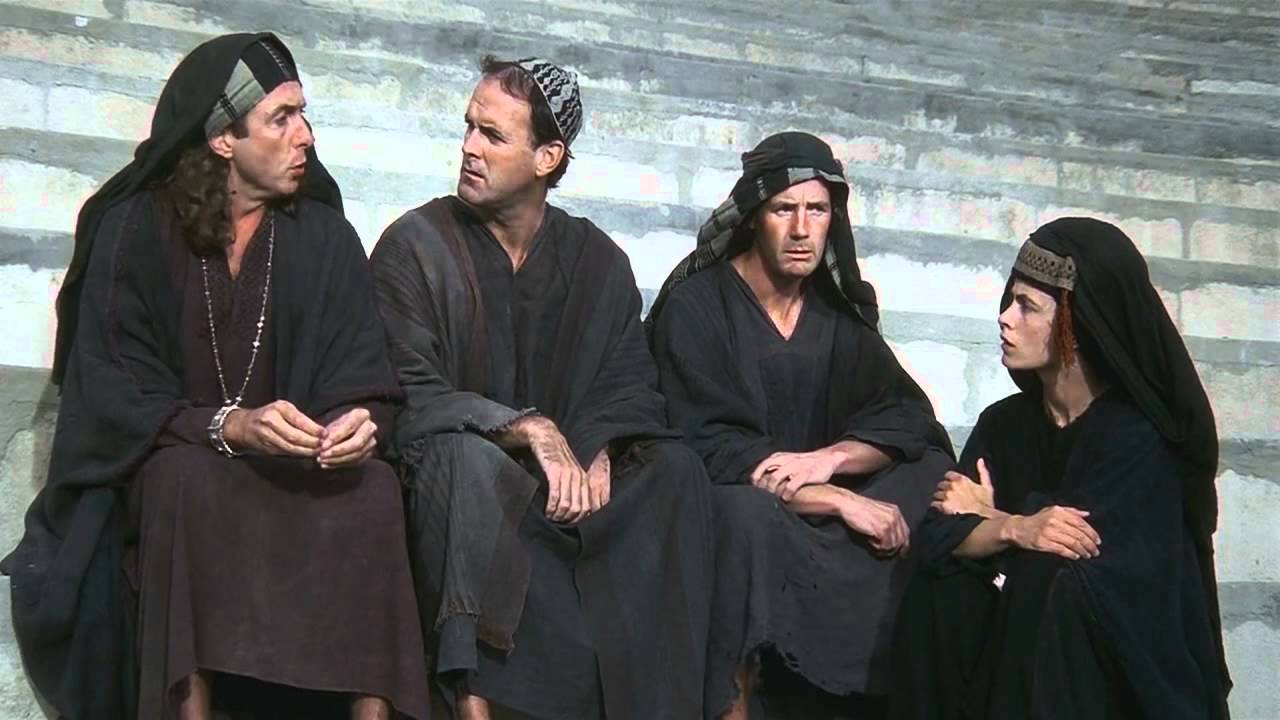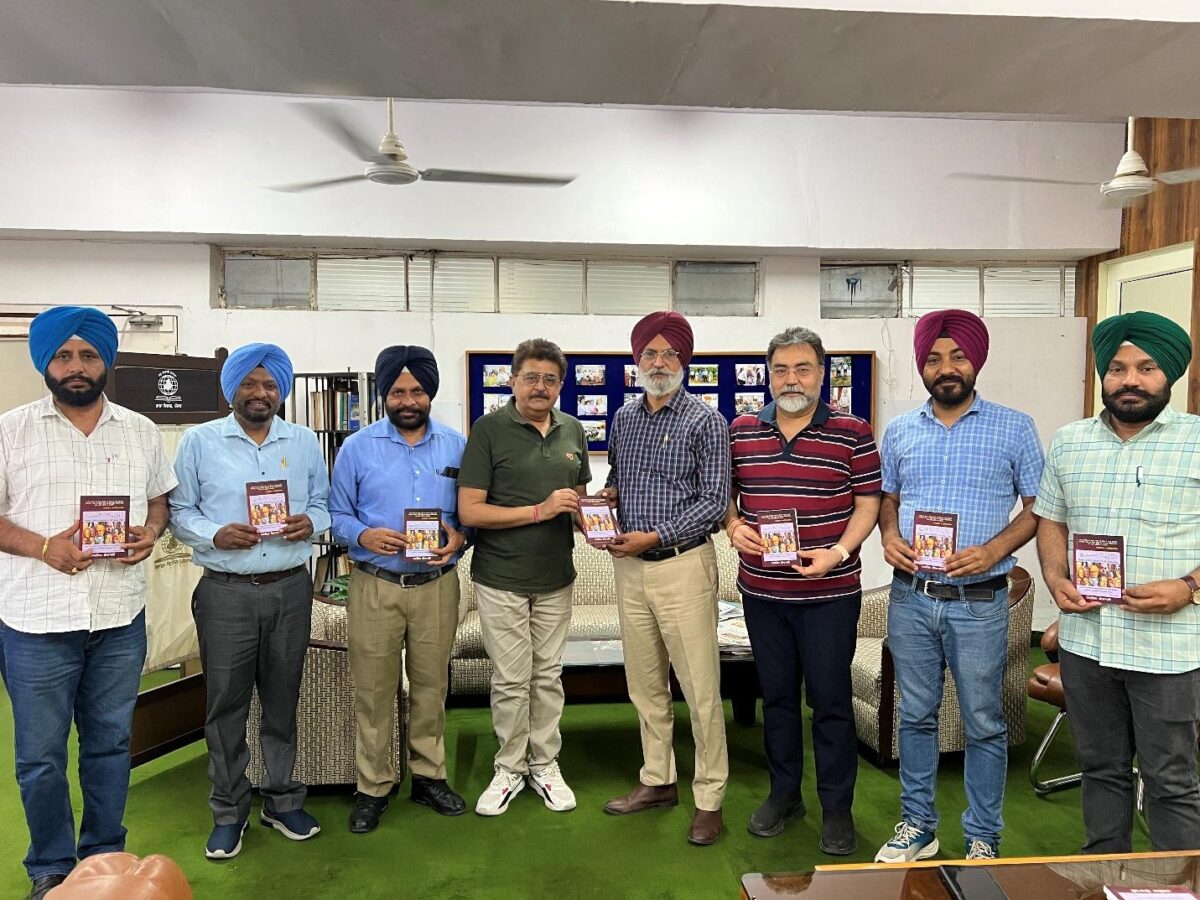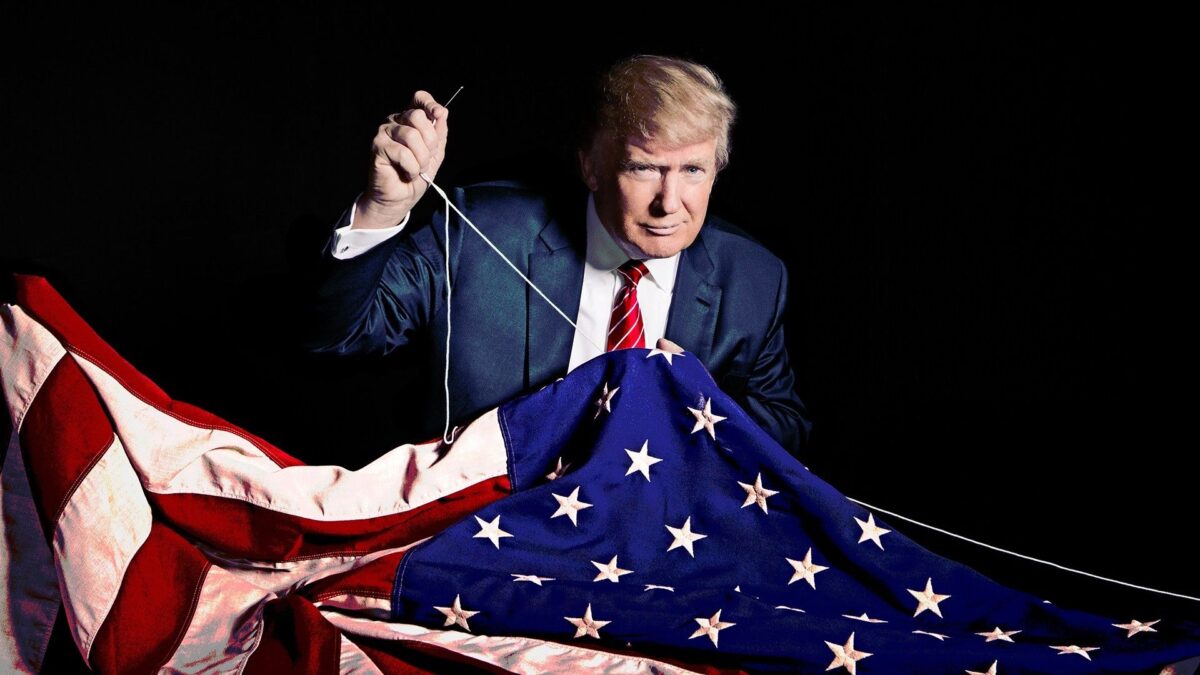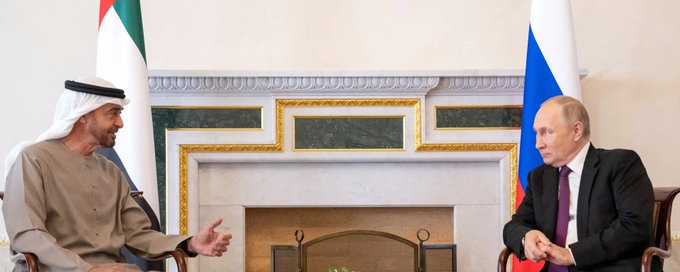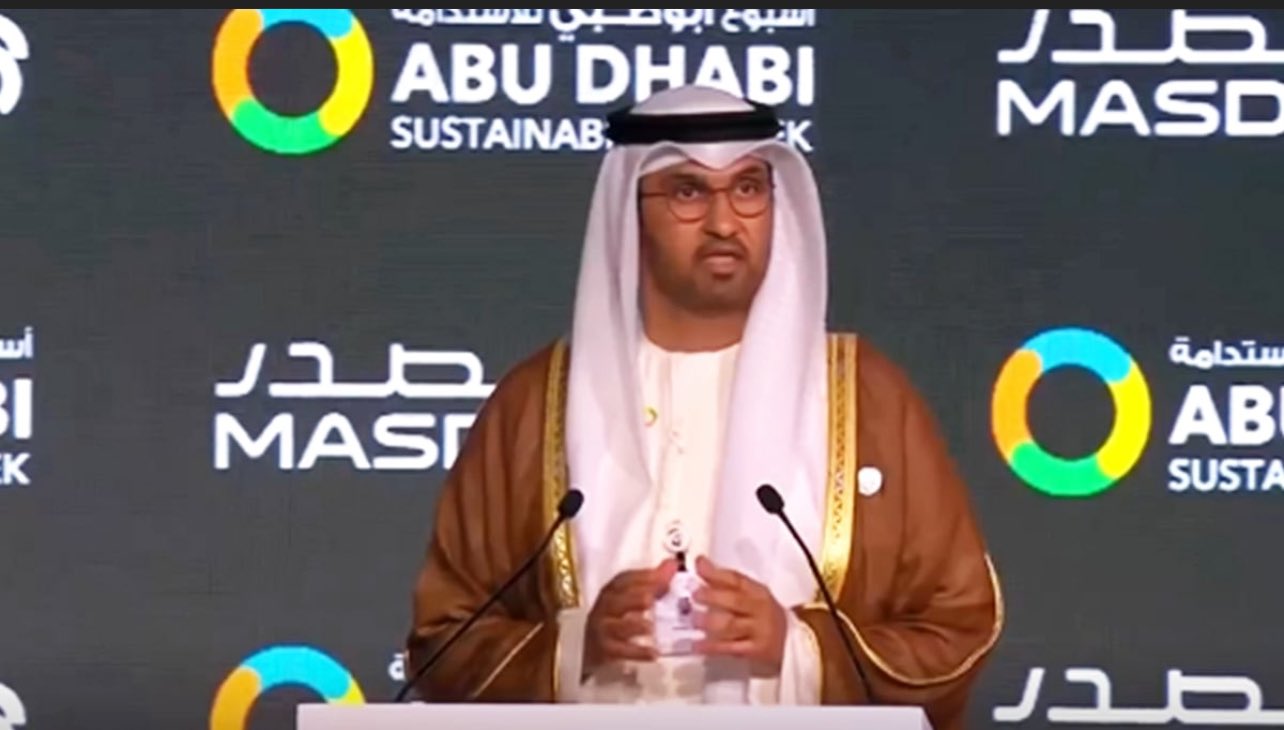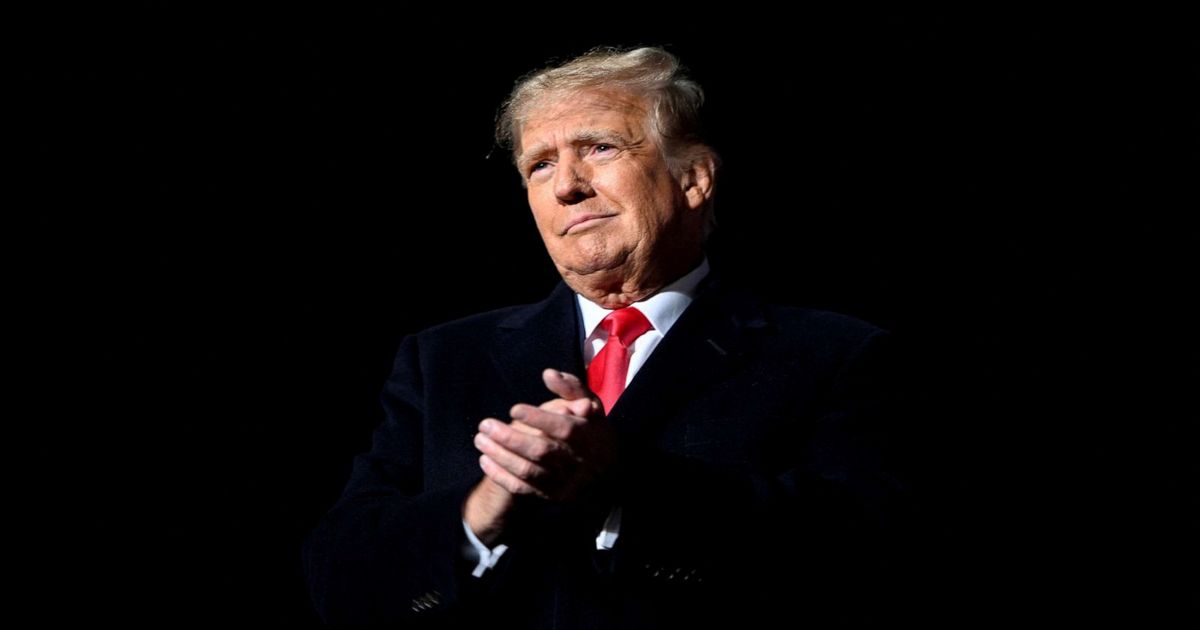SALIL GEWALI
It seems that the Kolkata Hospital rape and murder case has taken an ugly turn. Protests and outrage continue to escalate, with the police force using all resources at their command to stem these protests. From the medical fraternity and film stars to academicians, students, scholars, lawyers, and political leaders, people from all walks of life have voiced their condemnation, particularly against the “inaction” of the police department. It is unthinkable that the police have allegedly cooperated in “destroying or tampering” with the evidence. There is a big WHY here.

Yes, the public is not just angry—they’re fed up with the West Bengal Government and its peculiar approach to handling this despicable crime. The blame has been squarely placed on the police and administrative machinery, accused of turning a blind eye to the “unethical activities” brewing at RG Kar Medical College for years. Hospital staff and interns have come forward to expose the deep-rooted corruption within the institution. Many have described the principal, Sudip Ghose, as corrupt to the core, with direct ties to the ruffian TMC cadre. He seemed to have no fear of the Bengal police, clearly demonstrating that he was well protected by the ruling party leaders. Allegations further suggest that Dr. Ghose was also involved in the grotesque trade of selling body parts from deceased patients to third parties.
What’s even more appalling is that a group of high-profile lawyers in the Supreme Court, led by former Minister Kapil Sibal, is now allegedly determined to exonerate the Bengal government. Their shameless “giggling” at the plight of the victim and her grieving family, while seemingly shifting the blame onto those demanding justice and safety for women, is utterly disgraceful and inhuman. It only goes to show how low some will stoop for money and power.
Isn’t it a heinous crime to shield the culprits or to remain silent in the face of such atrocity? Yet, that’s exactly what most INDI alliance leaders are doing—choosing silence over justice. Priyanka, Rahul Gandhi, Akhilesh Yadav and others were vocal champions for the Hathras rape victim, their voices echoing through the media with demands for justice. But now, when it comes to the horrific rape and murder of a trainee doctor in Kolkata, they seem to be conveniently dodging journalists and avoiding the issue altogether.
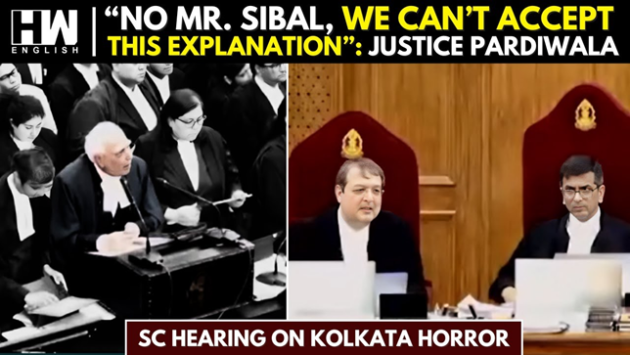
Why the double standards? Isn’t their integrity now under question? If it were their own daughters or sisters who had suffered this brutality, would they still maintain this unsettling silence? Or is it that their outrage is selectively reserved for political gain? The public has a right to know: where is their empathy now?
The public’s demand for justice is growing louder by the day. People are now insisting that those responsible for this heinous crime must face the harshest punishment, with many even calling for a “public hanging.” A senior doctor from Kolkata, a father of two daughters, expressed the collective frustration: “Every authority involved should be held accountable for reducing the West Bengal police force to a lifeless log in the face of such horrific crimes. It’s an open secret that Bengal’s police power has been seized by the Chief Minister herself, leaving the force paralyzed when it comes to protecting the very people they are meant to serve.” This sentiment echoes across the state, where many feel that the police have been deliberately weakened, their power usurped by political leaders more interested in consolidating control than ensuring justice. The public is no longer just demanding justice for the victim; they’re demanding accountability from those who have allowed this lawlessness to fester.
Isn’t it bizarre that those who have spoken out for justice and women’s safety, and dared to criticize the inaction of the administrative machinery, are being served with legal notices? Among them are TMC members and journalists who have refused to stay silent in the face of such atrocities. If this isn’t the murder of democracy, then what is? Silencing citizens who speak out against crime and the unethical actions of government institutions is not only unconstitutional but downright immoral. In a shocking display of arrogance, Bengal’s Chief Minister thundered just two days ago: “If Bengal burns, Assam, the North-East, Odisha, and Delhi will also burn.” How can a public leader use such inflammatory language, which not only offends the sentiments of the masses but also risks the integrity of the nation? Winning an election should never be a free pass to rule with whimsy and impulse. It’s high time we consider amending the Constitution to ensure that leaders are held accountable not only for their actions but also for their reckless words. If this kind of behavior continues unchecked, what message does it send to the people about the value of democracy and the rule of law?
Incidentally, consider the horrific case in Garo Hills, where a stepfather raped his two stepdaughters, and the mother didn’t even bother to report it to the police. This Wednesday in Bareilly, a 13-year-old girl was ganged raped who self-immolated the next day. The media is rife with increasing rape cases, which only send chills down our spines.
With the alarming rise in sadistic rapes and murders, it’s high time we put some real teeth into the law—laws that disqualify leaders who think they can hijack police power as if it’s their personal plaything. Anyone daring to meddle with enforcement agencies while heinous crimes are committed deserves the harshest punishment. Let’s be honest: without the fear of strong law enforcement, criminals will continue to tear apart the very fabric of society, while our leaders sit comfortably, watching the chaos unfold. If we don’t stand up now, we might as well resign ourselves to a future where justice is nothing more than a farce, leading to rapid social degeneration.
***
An India-based writer and researcher, Salil Gewali is best known for his research-based work entitled ‘Great Minds on India’, that has earned worldwide appreciation. Translated into fourteen languages, his book has been prefaced by a NASA chief scientist – Dr. Kamlesh Lulla of Houston, USA. Gewali is also a member of the International Human Rights Commission, Zürich, Switzerland.
Views: 201



